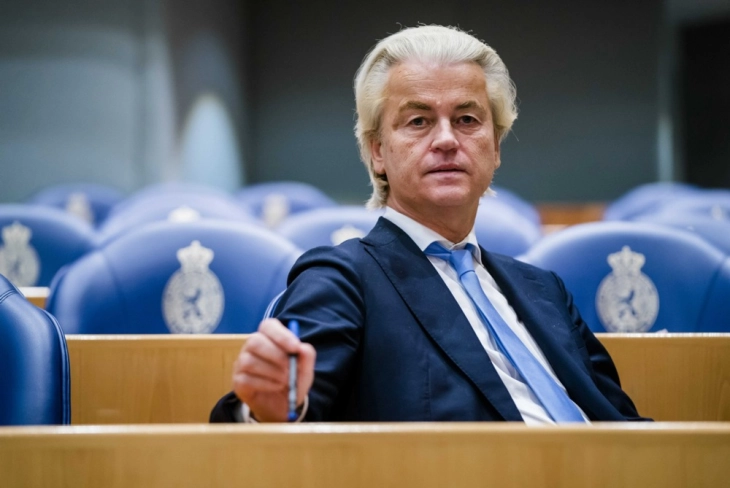After Geert Wilders’ significant election win, the possibility of a minority government remains open. Despite his preference for a majority coalition, Wilders hasn’t dismissed the idea. His anti-Islam Freedom Party (PVV) secured 37 of the 150 seats, but forming a majority requires at least two other parties to join.
Negotiations commenced as the PVV’s lead negotiator began assessing potential coalition alliances among parliamentary groups. Wilders aims to engage with the right-wing liberal People’s Party for Freedom and Democracy (VVD) led by outgoing Prime Minister Mark Rutte, the emerging centrist New Social Contract (NSC), and the Farmer–Citizen Movement (BBB), viewing this alignment as a “logical right-wing combination.”
However, Rutte’s VVD currently intends to stay out of government due to electoral setbacks, preferring opposition but expressing willingness to support a minority PVV-led government. The NSC is cautious about collaborating with the PVV given its far-right stances.
Wilders emphasized his readiness to compromise, indicating a shift from earlier stances on banning the Koran and shutting down mosques.






Comments are closed for this post.